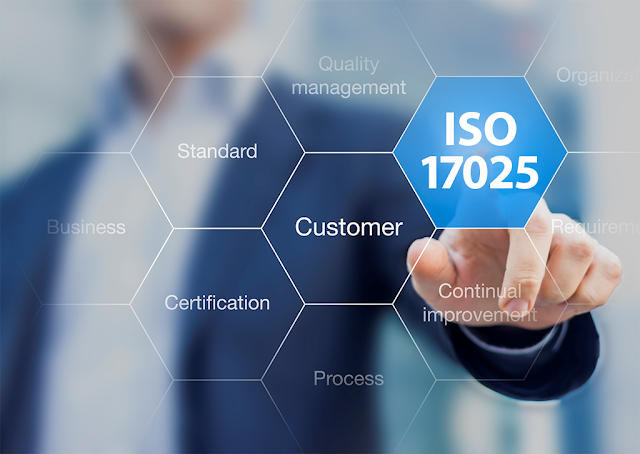Difference between AS 9100 and ISO 9001 Quality Management

ISO is an outcome of the union of two organizations- International Federation of the National Standardizing Associations (ISO) and United Standard Coordinating Committee (UNSCC). In the year 1946, almost 25 countries met in London and created a new international establishment to deal with international coordination and unification of industrial standards. From this organization, ISO began its journey. The word ISO is originated from a Greek word meaning “equal”. Major benefits of ISO standards include:
• Increase of success on public and private tenders
• Improvement of internal efficiency
• Improvement of company image
• Reduced operational cost
• Subliminal promotion
The most important ISO and related standards include ISO 9001, ISO 14001, ISO 45001, ISO 17025, ISO 13485, and AS 9100. Among these standards, AS 9100 is comparatively new. Many entrepreneurs are getting confused over ISO 9001 quality management and AS9100. In this article, we are going to clear this confusion. Let’s find out the difference between these two standards.
ISO 9001 Standard
This international standard helps businesses implement and maintain a quality management system. Every company should follow the standards specified by ISO. An organization should consider ISO 9001:2015 when it wants:
• To establish its ability to provide products and services that meet customer’s expectation and regulatory requirements
• A chance to increase the customer’s satisfaction with the effective use of a quality management system
AS 9100 Standard
AS9100 certification is designed for the aviation, space, and defense industry in particular. The Aerospace division of SAE International and the International Aerospace Quality Group (IACG) maintain this standard. If an organization is involved in the aerospace division and or trying to enter the industry, it is imperative for them to include the requirements of AS 9100 in their existing quality management system.
Basic Differences between ISO 9001 & AS 9100 Certification
Since ISO 9001 has become the vital for implementing and maintaining a quality management system around the world, AS 9100 has been based on the basic structure of ISO 9001. AS 9100 uses all the ISO 9001 standard requirements and includes a couple of additional criteria and notes. If an organization has a quality management system compliant with ISO 9001 standards, they can easily achieve certification to AS 9100 by implementing a few additional requirements.
What are the Additional Requirements?
• Planning for Product Realization
The planning related requirements include additional criteria for project management, risk management, configuration management, and perfect control over the work transfers (between the facilities, to the suppliers, or between the suppliers). This assessment process emphasizes risk identification.
• Design & Development Verification & Validation
A few additions are relevant in the design and development area. Two additional steps of design verification and validation for testing and documentation have been added to the existing standards of ISO 9001. This particular change on designing is directly related to another additional section of configuration management.
• Purchasing and Purchased Product Information
Many additional requirements have been added to purchasing and purchased product section. AS 9100 requires more purchasing information sent to the suppliers and other associations. It also requires additional control over product releases.
• Production and Service Provision
This section marks a massive difference from the standards required for ISO 9001 certification. There are some important requirements that demand verification of production processes and control over the changes made to the production processes.
• Non-Conforming Processes, Product Monitoring, & Measurement
This section includes criteria for rejection and special measurement instructions. Additionally, this standard demands an action on other processes or products when a non-conformance is detected.
A Final Takeaway
Moreover, it is important to note that AS 9100 standard is designed only for the aerospace industry while ISO 9001 covers all industries. Therefore, AS 9100 introduces some requirements applicable only to aerospace industries. If a specific section of your business is related to aerospace or you want to add aerospace functionalities to your business, then you should investigate the feasibility of the additional requirements (demanded by AS 9100). In this context, it is imperative to remember that you should implement these additional requirements only if you find them beneficial for your business. You are free to restrict the scope of this certification to the aerospace part of your organization.



Comments
Post a Comment